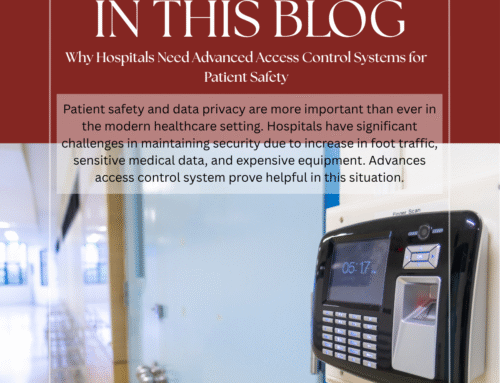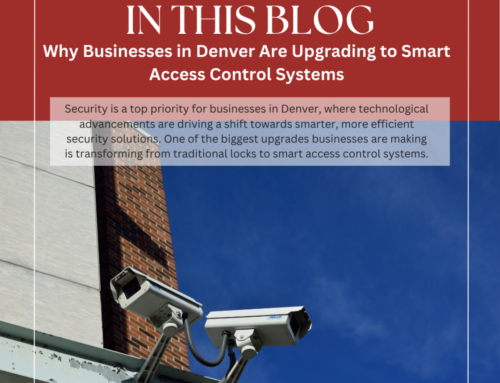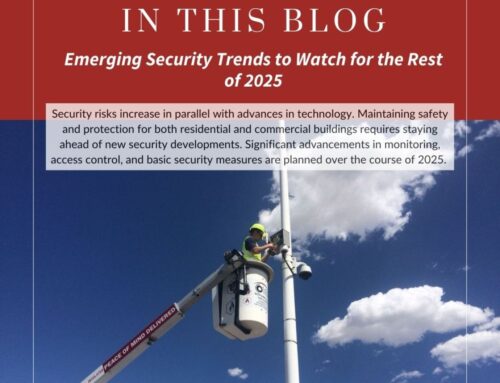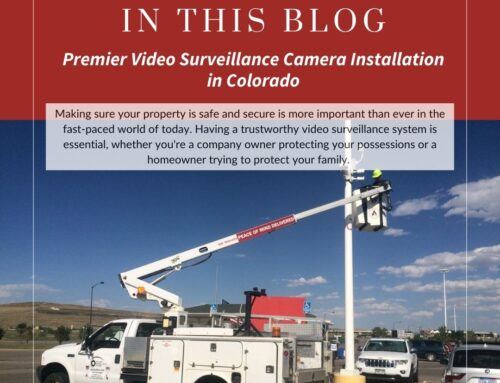Choosing the Right Video Recording Solution for Your Needs: NVR vs. DVR
Choosing the Right Video Recording Solution for Your Needs: NVR vs. DVR
Introduction:
In the realm of video surveillance, the choice between a Network Video Recorder (NVR) and a Digital Video Recorder (DVR) can significantly impact the effectiveness of your security system. Understanding the differences and advantages of each is crucial for making an informed decision that aligns with your specific needs. In this blog, we’ll guide you through the key distinctions, features, and considerations when choosing between NVR and DVR.
- Understanding NVRs and DVRs
NVR: NVRs are designed for IP camera systems, utilizing your network to store and manage video data. They offer flexibility, scalability, and high-quality video recording.
DVR: DVRs, on the other hand, are tailored for analog camera setups. They process and store video locally and are generally more suitable for smaller installations. - Camera Compatibility
NVR: Ideally suited for IP cameras, NVRs support higher resolution and can accommodate a variety of IP camera models. They leverage network capabilities for seamless integration.
DVR: DVRs work with analog cameras and may require additional equipment for compatibility with newer IP cameras. - Video Quality and Resolution
NVR: Known for superior video quality, NVRs support high-resolution footage, making them an excellent choice for applications where image clarity is paramount.
DVR: While DVRs may provide satisfactory video quality, they are limited by the resolution capabilities of analog cameras. - Scalability
NVR: NVR systems are highly scalable, making it easier to add additional IP cameras to the network without major infrastructure changes.
DVR: DVR systems may face limitations when expanding, as analog systems may require more significant upgrades to accommodate additional cameras. - Remote Accessibility
NVR: With the reliance on network technology, NVRs offer convenient remote access to live feeds and recorded footage from anywhere with an internet connection.
DVR: Remote access capabilities are generally more limited with DVRs, often requiring additional configurations and potentially a static IP address. - Cost Considerations:
NVR: While initially more expensive due to advanced technology, NVR systems may provide a cost-effective solution in the long run, especially for larger installations.
DVR: DVR systems are typically more budget-friendly upfront, making them suitable for smaller setups with fewer cameras. - Future-Proofing
NVR: Given the trend towards IP camera technology, choosing an NVR positions your surveillance system for future advancements and compatibility with emerging technologies.
DVR: As analog systems become less prevalent, DVRs may face limitations in terms of integration with newer surveillance technologies.
Conclusion
In the decision between NVR and DVR, the right choice depends on your specific requirements, budget considerations, and the scale of your surveillance needs. NVRs offer advanced features, scalability, and high-quality video, while DVRs are more budget-friendly and suitable for smaller setups.
Consider the long-term goals of your security system and consult with professionals to ensure the chosen solution aligns with your unique needs. Your peace of mind is our priority.
At Security Surveillance System, we understand the nuances of video surveillance and the evolving landscape of security technologies. Our commitment is to provide tailored solutions that prioritize your safety and peace of mind. Whether you opt for the scalability and high-resolution capabilities of an NVR or the cost-effective simplicity of a DVR, our team of experts is here to guide you through the decision-making process.












